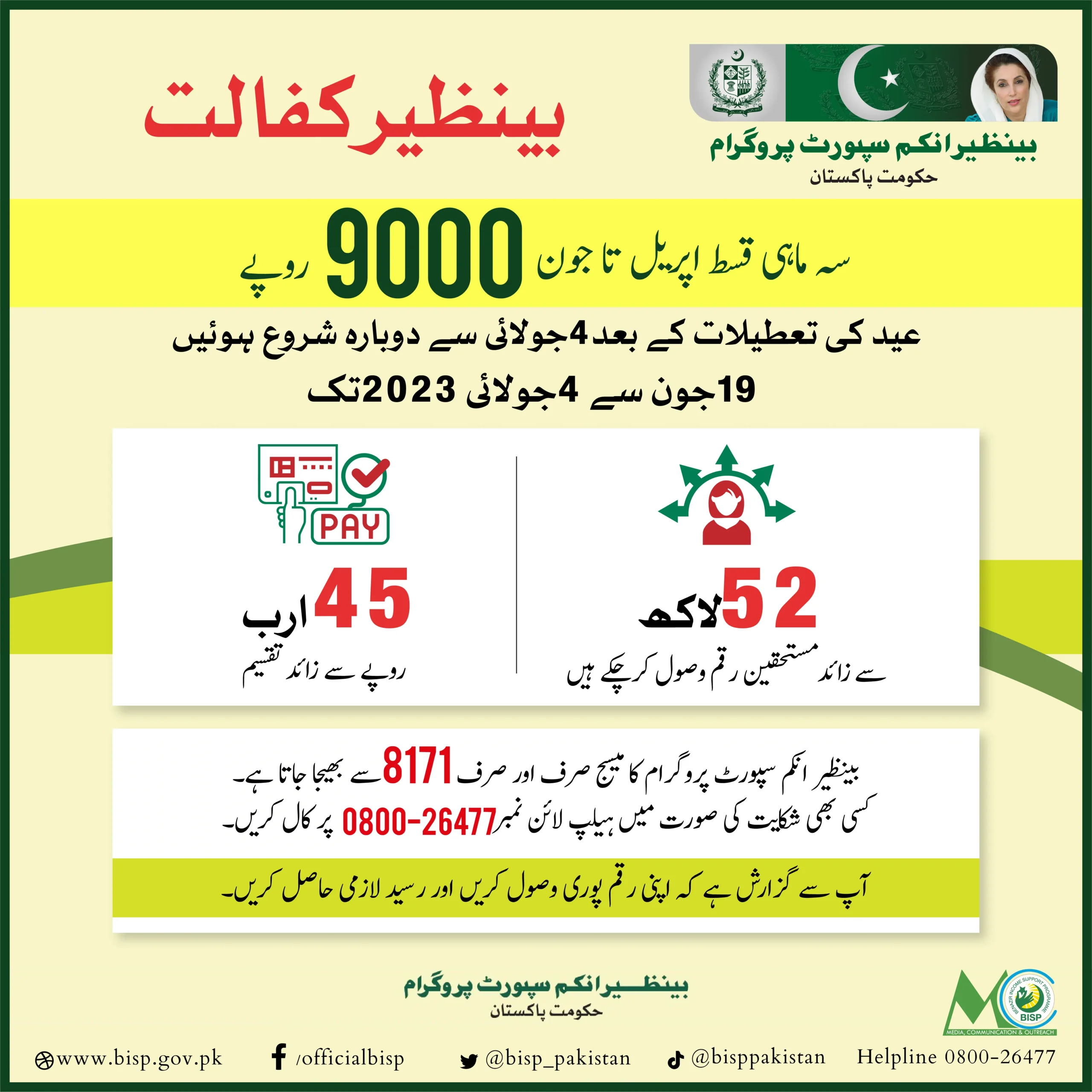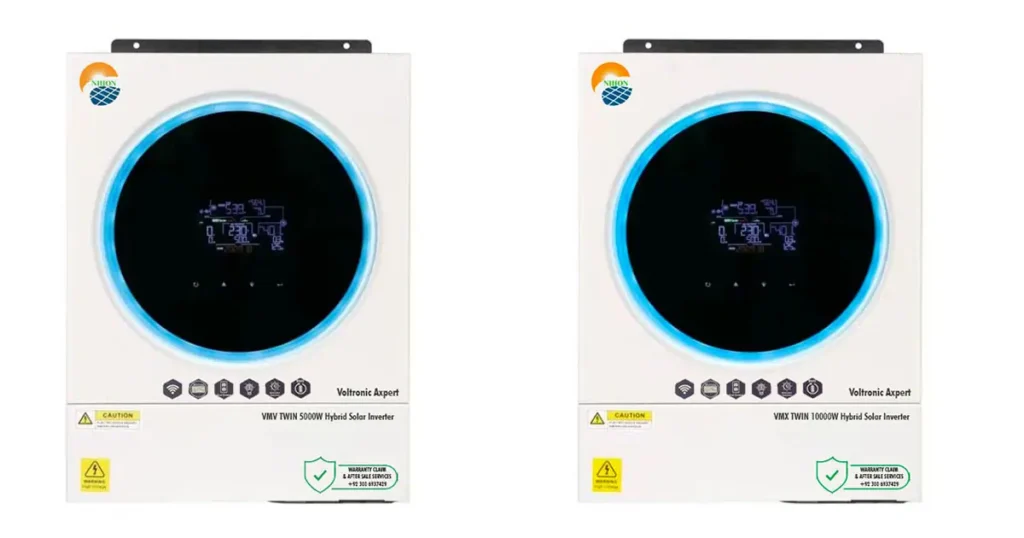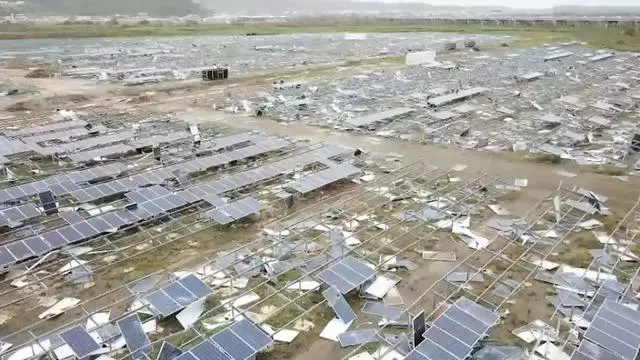Benazir Income Support Programme News: A Lifeline for the Underprivileged in Pakistan
The Benazir Income Support Programme (BISP) is one of the most significant social welfare initiatives in Pakistan, designed to provide financial assistance to impoverished families across the country. Launched in July 2008, during the tenure of Prime Minister Yousuf Raza Gillani and under the leadership of Pakistan People’s Party (PPP), the programme was named after former Prime Minister Benazir Bhutto, who had always advocated for the upliftment of the underprivileged. Since its inception, the programme has expanded and evolved, becoming a cornerstone of social safety nets in Pakistan. BISP addresses the pressing issue of poverty, focusing on women, as they are often the most vulnerable members of society, and empowers them to become financially stable.
History and Objectives of BISP
The Benazir Income Support Programme was introduced as a response to the global financial crisis of 2008 and the rising inflation rates in Pakistan, which disproportionately affected lower-income groups. The primary objective of BISP was to mitigate the effects of inflation by providing direct cash transfers to the poorest households. However, over time, the programme’s goals have evolved, encompassing broader objectives like women’s empowerment, education, and healthcare support.
BISP is structured around the concept of unconditional cash transfers (UCT) and conditional cash transfers (CCT). Unconditional transfers are aimed at providing immediate relief to families in need, while conditional transfers are linked to encouraging behaviors that can help lift families out of poverty, such as sending children to school and ensuring their vaccination.
Key Objectives of BISP:
- Poverty Alleviation: The core aim is to reduce poverty by providing financial support to families living below the poverty line.
- Women Empowerment: BISP targets women as the primary beneficiaries, empowering them economically and giving them a direct role in household finances.
- Health and Education: Through conditional transfers, the programme encourages families to prioritize health and education, ensuring long-term benefits for future generations.
- Reduction of Inequality: BISP helps narrow the gap between the rich and the poor by providing equitable access to financial resources for the disadvantaged.
Scope and Impact of BISP
The programme started as a small initiative but has since grown into the largest social safety net programme in Pakistan. Currently, over 7 million families benefit from BISP, with funds disbursed to female heads of households on a quarterly basis. The target population includes families with a per capita income below the poverty line, as identified through the National Socio-Economic Registry (NSER).
According to the World Bank, BISP has been successful in helping millions of families avoid extreme poverty, improving their living conditions, and providing them with opportunities for better futures. One of the major successes of BISP is its focus on empowering women by giving them control over the funds, which not only enhances their role in household decision-making but also improves the family’s overall well-being.
Financial Assistance
BISP provides monthly cash transfers to the most vulnerable households, with amounts adjusted periodically to reflect inflation rates. The base amount, initially set at PKR 1,000 per month, has increased over the years and now stands at around PKR 2,500 to PKR 5,000 per month, depending on inflation adjustments. This modest but regular income stream helps families manage day-to-day expenses, reduce food insecurity, and avoid resorting to high-interest loans.
Educational Initiatives: Waseela-e-Taleem
One of the most notable extensions of the Benazir Income Support Programme is the Waseela-e-Taleem initiative. This programme aims to improve education enrollment rates among poor families by providing cash incentives to families who send their children to school.
Key Features of Waseela-e-Taleem:
- Cash stipends are provided to families that enroll their children in school and ensure a minimum of 70% attendance.
- Children aged 5 to 12 are eligible for this scheme, with special attention given to enrolling girls.
- Families receive quarterly cash payments, helping them to cover the costs of education materials and transportation.
The Waseela-e-Taleem programme has had significant success in raising school enrollment rates, especially among girls, who often face barriers to education in rural and impoverished areas. By tying financial aid to educational outcomes, BISP is helping to break the cycle of poverty through education, creating opportunities for a better future for the younger generation.
Health and Nutrition: BISP’s Role
In addition to education, health and nutrition are critical areas where BISP has made an impact. Malnutrition and poor access to healthcare are major challenges for low-income families in Pakistan. BISP addresses this through a variety of mechanisms, including linking beneficiaries to healthcare services and providing nutritional support.
Health Insurance Coverage
Recently, the government has been working on expanding health insurance to BISP beneficiaries. This would provide coverage for critical illnesses, maternal health, and emergency treatments, ensuring that the poor have access to essential healthcare services without plunging further into poverty due to medical costs.
Technological Advancements and Transparency
One of the reasons for BISP’s success is its commitment to transparency and technological innovation. In 2010, the programme introduced a biometric verification system to ensure that payments reach the intended beneficiaries. This system drastically reduced the chances of fraud and corruption, which had previously plagued many government assistance programmes.
Additionally, the National Socio-Economic Registry (NSER), which serves as the database for identifying eligible families, is continuously updated using surveys and modern data collection methods, ensuring that the most deserving families benefit from the programme.
Recent Developments and Challenges
Over the years, BISP has faced several challenges, including political interference, economic instability, and inflation. However, the programme has managed to evolve and adapt to new realities. In 2020, during the COVID-19 pandemic, BISP played a crucial role in distributing emergency cash assistance to millions of families affected by the economic fallout.
The government’s Ehsaas Programme, introduced by Prime Minister Imran Khan in 2019, incorporated BISP into a larger framework of social protection. Under the Ehsaas Programme, BISP’s operations were expanded, and the scope of assistance was increased. New technologies and more stringent beneficiary identification mechanisms were introduced to make the programme more efficient.
However, inflation and the economic crisis of recent years have placed immense pressure on the programme. While BISP has managed to keep pace with rising costs by increasing cash transfers, the financial instability of the country has strained its resources. The Pakistani government, with the help of international donors such as the World Bank and the Asian Development Bank, continues to fund the programme, but more support is needed to meet the growing demand for assistance.
Criticism and Controversies
Despite its successes, the Benazir Income Support Programme has not been free from criticism. Some critics argue that cash transfers create dependency among beneficiaries, discouraging them from seeking employment or self-sufficiency. Others have pointed out instances of corruption and mismanagement, though these have been significantly reduced with the introduction of biometric verification and better data management systems.
Another controversy erupted in 2019 when thousands of BISP beneficiaries were removed from the programme’s rolls under the Ehsaas framework. Critics claimed that the removal process lacked transparency and that many deserving families were excluded, though the government argued that the process was necessary to eliminate ineligible beneficiaries.
Future Prospects
Looking ahead, the future of the Benazir Income Support Programme will depend on the economic stability of Pakistan and the government’s commitment to social welfare. There is also a growing need to diversify the programme’s offerings, moving beyond cash transfers to provide more sustainable forms of assistance, such as vocational training, entrepreneurship grants, and micro-financing opportunities for beneficiaries.
International organizations like the World Bank and United Nations have praised BISP as a model for developing countries looking to implement social safety nets. Its focus on women’s empowerment, education, and health has made it an indispensable tool in Pakistan’s fight against poverty.
Conclusion
The Benazir Income Support Programme is more than just a financial aid initiative; it is a lifeline for millions of underprivileged families in Pakistan. Through its cash transfer schemes, educational incentives, and healthcare support, BISP has significantly contributed to poverty alleviation, women’s empowerment, and human development in Pakistan. While it faces challenges such as inflation, political instability, and occasional criticism, its core mission of providing hope and support to the poorest remains unwavering. As Pakistan continues to navigate economic and social challenges, the success and expansion of BISP will be critical to ensuring that the most vulnerable members of society are not left behind.



